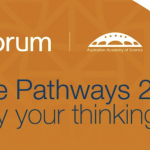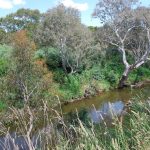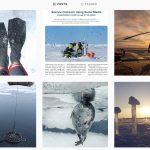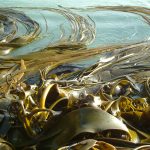
CLEX convection workshop – Melbourne University
August 3, 2018 3:55 am Comments Off on CLEX convection workshop – Melbourne UniversityConvection was explored in a recent 1-day CLEX workshop held on June 21, 2018, at The University of Melbourne.

Convection was explored in a recent 1-day CLEX workshop held on June 21, 2018, at The University of Melbourne.

In late April, Anna Ukkola (ANU/UNSW) and Malcolm King attended the Australian Academy of Science’s 2018 EMCR forum Science Pathways 2018: Diversify your thinking.

Andréa Taschetto & Alejandro di Luca attended EGU – the largest conference in geosciences in Europe. This year the conference received more than 15,000 participants from 106 countries with over 4,000 talks and more than 11,000 posters during the week of April 8-13, 2018, in Vienna, Austria. Find out the tips and tricks of getting the most out of a major conference.

This is a three-year postdoctoral position focused on high-resolution modelling of extreme rainfall associated with organised convective storms.

A new study by CLEX researchers using observations from FLUXNET sites identifies regions of high and low predictability and will likely help improve land surface model evaluation.

It is hoped this proposed synthesis of two ENSO structures, their interaction with each other and how they respond to external forcing, will be the catalyst for future research and practical applications for forecasting and determining the impacts of present and future ENSO events.

This study highlights the importance of simulating global and regional warming responses correctly, to enable more accurate estimates of how the occurrence probability of climate extremes may change in a warming climate.

New research clearly demonstrates the potential to predict long-term LAI using simple ecohydrological theory. This approach could potentially be incorporated into existing terrestrial biosphere models and help improve predictions of LAI.

Over four years, the Norwegian Polar Institute’s (NPI) Ocean and Sea Ice team used the social media handle @oceanseaicenpi across Instagram, Twitter and Facebook to communicate its research to peers and the public.

When Chilean researcher Dr Erasmo Macaya from Universidad de Concepción and Centro IDEAL stumbled upon foreign kelp washed up on an Antarctic beach, he knew he had found something significant. Research by an international, multidisciplinary team of scientists reveals just how important that finding was.